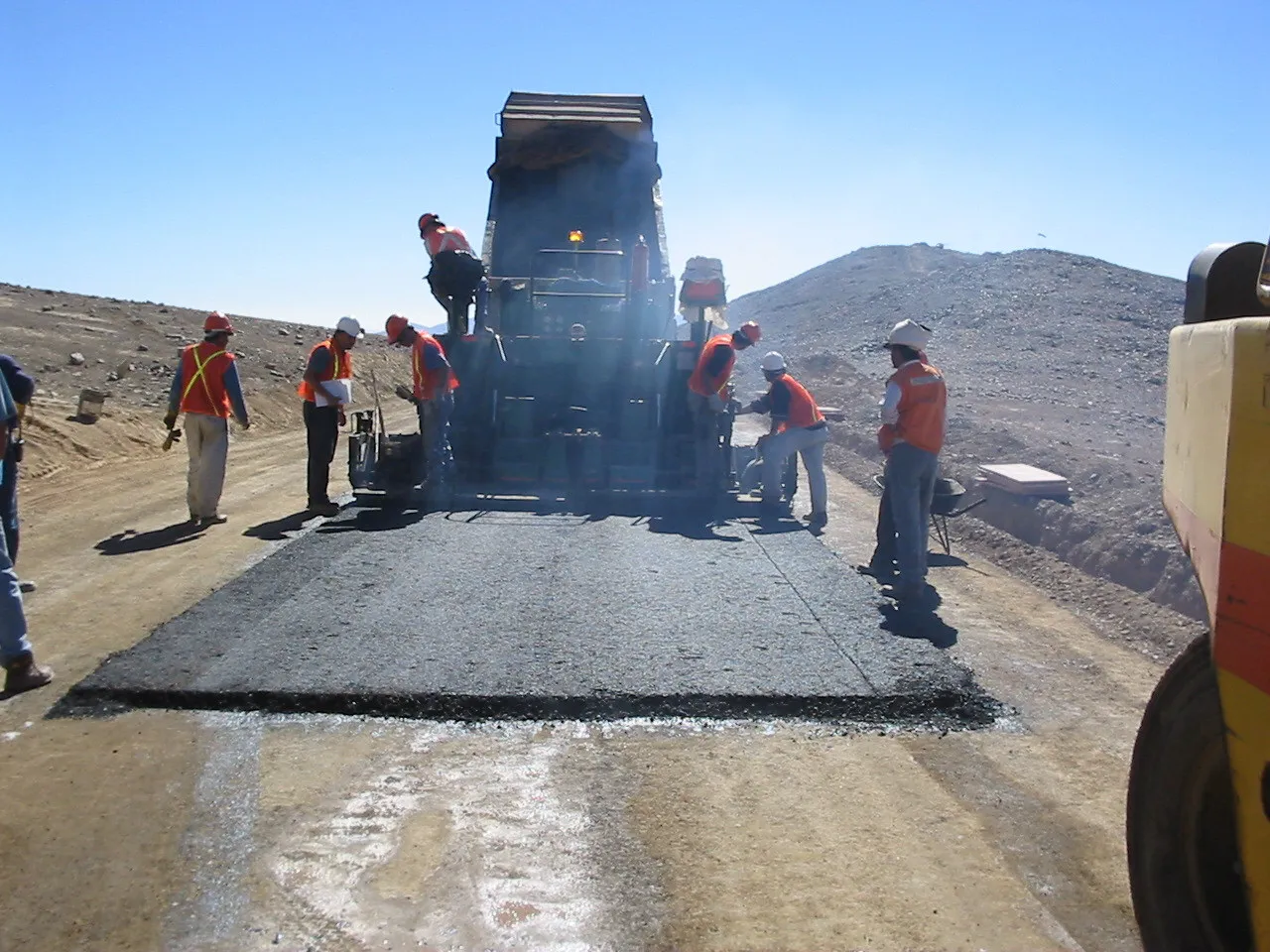Mexico’s road building programme could be hit hard by insufficient asphalt supplies. Both construction companies and asphalt distributors have warned that the country is suffering a 20% shortage of the material. The shortage began to bite in November 2013 and is due in part to insufficient supplies from state-run oil company Petroleos Mexicanos (Pemex). This could delay road maintenance projects by up to 30%. Asphalt represents up to 60% of the value of such projects, according to national asphalt associati
March 28, 2014
Read time: 2 mins
Mexico’s road building programme could be hit hard by insufficient asphalt supplies. Both construction companies and asphalt distributors have warned that the country is suffering a 20% shortage of the material. The shortage began to bite in November 2013 and is due in part to insufficient supplies from state-run oil company Petroleos Mexicanos (Pemex). This could delay road maintenance projects by up to 30%. Asphalt represents up to 60% of the value of such projects, according to national asphalt association AMAAC and construction sector chamber CMIC, so the shortage is a significant issue.
Both organisations have warned that the 2014 road project agenda, 27% larger than the 2013 programme, will be affected by the asphalt shortage. However Pemex has justified the shortage saying it is producing a higher quality product, and has assured AMAAC that supplies will be back to 100% in a couple of months to satisfy Mexico's 2 million tonne/year demand. In the mean-time, CMIC has asked Pemex to increase its asphalt production in response to the problem. Another reason for the shortage is down to higher demand than usual, because production at the Salamanca refinery in Guanajuato is 40% higher than projected. In February 2014, daily asphalt sales were 104% higher than in the year-ago period. Several major road projects have started recently, which has been a factor in the current situation. The Secretariat of Communications and Transportation (SCT) alone has a budget for road projects in 2014 which is 27% larger than in 2013.
Both organisations have warned that the 2014 road project agenda, 27% larger than the 2013 programme, will be affected by the asphalt shortage. However Pemex has justified the shortage saying it is producing a higher quality product, and has assured AMAAC that supplies will be back to 100% in a couple of months to satisfy Mexico's 2 million tonne/year demand. In the mean-time, CMIC has asked Pemex to increase its asphalt production in response to the problem. Another reason for the shortage is down to higher demand than usual, because production at the Salamanca refinery in Guanajuato is 40% higher than projected. In February 2014, daily asphalt sales were 104% higher than in the year-ago period. Several major road projects have started recently, which has been a factor in the current situation. The Secretariat of Communications and Transportation (SCT) alone has a budget for road projects in 2014 which is 27% larger than in 2013.









